|
The benefits of investing in this low-risk, high-return asset class Traveling may not be top of mind during a pandemic, but hotel properties are still a favorite among savvy real estate investors. In fact, hotel real estate syndication has been gaining attention in recent years. Many of these deals are hidden gems that are yet to be discovered. Investors who recognize the many benefits of investing in this asset class are well-positioned to take advantage of the opportunities. If you’re considering adding hotel real estate to your investment portfolio, here’s what you need to know. Why Hotel Real Estate Syndication is a Hidden Gem For Savvy Investors Many knowledgeable investors consider hotel real estate syndication a smart investment thanks to the combination of stable income and low value volatility. Also, improved property fundamentals and elevated pricing have been reaping gains for investors while new tax laws allow hotel investors to realize depreciation in an even more efficient manner. The risks of investing in hotel real estate are often considered lower than many options in today’s volatile market. Furthermore, you can tap into the benefits of diversification, tourism recovery, and passive investment Diversification and Returns Diversifying your investment can help minimize the risk of loss to the overall value of the portfolio, increase exposure to more opportunities for return, safeguard against adverse market cycles, and reduce the volatility of your portfolio. Hotel real estate syndication deals allow you to reap the benefits of diversification, particularly because their returns historically demonstrate a low correlation to the values of stocks, bonds, and other real estate investments. Also, the hotel industry has a track record of performing well in times of high volatility and offers predictable cash flows. Hotel real estate syndication combines the stable income of real estate investment with equity growth over time. Syndication also allows you to spread out your capital over multiple deals to further diversify your investments and increase your exposure to high-return opportunities with better downside protection and lower volatility. Tourism Recovery While tourism took a substantial hit in 2020, the industry is projected to experience a recovery in the near future. For instance, industry professionals express cautious optimism that by the end of 2021, tourism in many popular destinations will experience a gradual but eventual full recovery. Tourism isn’t going away, and many regions are already seeing strong indications of pent-up demand and growth in the redemption of previously cancelled bookings — especially now that COVID vaccines are becoming available and countries that have the virus under control are reopening. For instance, a recent scenario modelled by the UN’s World Tourism Organization (UNWTO) suggests that Caribbean tourism, thanks to the region’s proximity to North America and its appeal of outdoor activities, can expect a steady return around mid-2021. Many countries that depend on tourism are taking the lessons learned during the pandemic to heart and using this opportunity to refine their tourism offerings to attract more consumers in the coming years. These regions are also taking steps to minimize their vulnerability to economic downturns, develop responses to political and public health crises, address revenue leakage and competition, improve public-private partnerships, and attract foreign investments. All of these will help increase the resiliency of their economies and create a more investor-friendly environment. Passive Income and Tangible Assets
Hotel real estate syndication investments are both tangible and passive. You can visit the hotel and evaluate the physical property to assess its revenue-generating potential. When you partner with a reputable hotel real estate syndication sponsor as a passive investor, they will perform the due diligence, provide the market knowledge, and oversee the day-to-day management of the property. You can reap the gains without spending the time or resources to manage the investment. Working with an experienced sponsor can also minimize the risk associated with a deal and increase the odds of achieving high returns. Also, a hotel syndication deal allows investors to achieve economies of scale in their contracts for property management, renovation expenses, cleaning services, etc. This can improve the profitability and return on investment compared to smaller investments. Key to Hotel Real Estate Syndication Success: Partnering With the Right Sponsor To maximize the benefits of hotel real estate syndication deals, partner with a reputable sponsor (also sometimes called the syndicator, asset manager, general partner, GP, or operator) who has extensive experience in the hotel real estate business. Your sponsor should identify properties in regions with multiple demand drivers and choose the right hotel brand for each location based on the market. They should have a premium portfolio of properties for you to choose from, an established development capacity, and the expertise to engage in extensive due diligence for evaluating acquisitions and the income-generating potential of each property. Besides extensive knowledge of the local real estate market, your sponsor should address broader international investment trends to identify the best opportunities in the global market. They should also structure the deal and line up the right asset management team to optimize the returns, including financial incentives that directly benefit the investor. Why not speak to one of our real estate specialists about purchasing property ? We are a boutique investment firm with years of experience delivering bespoke residence and citizenship-by-investment solutions for international families. At Prime Land Ventures, we can simplify access to property investments, provide local insights, help with legal assistance, tax planning, and more—all while ensuring efficient, personalized, and confidential service
1 Comment
Purchasing property in Cyprus can involve a number of pitfalls. Potential purchasers are advised to exercise extreme caution when buying property, especially if the title deed is not readily available, which is a common scenario when purchasing new property in Cyprus. Many EU and non-EU high-net-worth individuals seek to acquire property in Cyprus through the residency-by-investment process. This update outlines the top 10 pitfalls to avoid when buying property in Cyprus and how to ensure that property purchases move forward smoothly and efficiently. Not appointing a property lawyer Appointing a lawyer who specialises in property is of paramount importance. The biggest mistake that can be made is signing a purchase contract presented by a developer (an all-too-common occurrence). Such contracts are unlikely to protect the buyer and are generally heavily biased in the developer’s favour. Further, buyers must be wary of lawyers acting for vendors or builders and who are therefore not independent. This is the equivalent to not appointing a lawyer. A reliable lawyer who is proficient in the purchaser’s language and independent of the other parties involved in the transaction is the most important consideration when buying property in Cyprus. A good lawyer makes these potential pitfalls easier to navigate. In short, property is a major investment and should not be undertaken without engaging a specialised property lawyer. Ensure that property is not subject of ownership dispute Property to be purchased must not be the subject of an ownership dispute, something that is common in divorce proceedings, for example. Such a scenario can generally be avoided by purchasing property from a reputable developer. However, this is not always the case, especially in recent years where developers have become active in assuming an intermediary role for resale properties (typically for properties which they have developed and sold to clients in the past). Hidden commissions Hidden commissions negotiated between an agent or intermediary and the vendor (in most cases a developer) are arguably the most costly pitfall when purchasing property. Such commissions can range from 5% to 50% or more. Such costs can be avoided by engaging a reputable lawyer who is readily able to provide potential clients with the required references. Failure to consider all relevant costs It is important to calculate the value-added tax (VAT) (ie, nil, 5% or 19%), transfer fees, stamp duty, legal fees, disbursements and immovable property taxes that will be applicable for real estate purchases as early as possible in order to budget accordingly. VAT is often misunderstood and misrepresented by developers and advisers in Cyprus. Property purchasers who have made uniformed VAT elections often find themselves either unable to manage their properties as they wish or facing significant VAT liabilities. Handing over reservation fee without written reservation terms If a purchaser is asked to pay a reservation fee to a developer, it should ensure that something is put down in writing, ideally by an appointed lawyer, to confirm: • How much was paid; • The circumstances in which a refund will be paid; and • The full purchase price for the property, which may be reduced in some circumstances. Signing contract of sale without undertaking due diligence While lawyers are not required to conduct due diligence automatically, such as a mortgage check, a good lawyer should do this as a matter of course. In 2011 the government introduced a specific performance law to provide a contract of sale precedence over any pre-existing mortgage; however, a check should be undertaken to examine whether any mortgages have been placed on the land before purchase to avoid potential difficulties later on. A contract of sale cannot be properly drawn up without considering the results of these searches. Further, purchasers are advised not to rely on developers to conduct due diligence even if they provide official extracts from the Land Registry and other government departments. Failure to put everything in writing
Purchasers are recommended to ensure that all points negotiated are set out in the contract of sale, particularly any agreed extras. This includes an inventory of any necessary repairs or damages. Failure to deposit contract of sale A contract of sale must be deposited with the Land Registry within the timeframe specified by law. The purchaser will lose important legal rights if this is not done. Further, a contract of sale must be stamped within the timeframe specified by law, otherwise the purchaser will be liable to pay penalties. Failure to focus on material contracts connected to property Many luxury villas and apartments will require a property management agreement to be executed, a service that is commonly offered by developers. This is a material agreement and the required attention should be given to understanding all terms and conditions to ensure that the purchaser’s property is maintained and secure during any absences from Cyprus. Failure to make a will The Cyprus Law governs all immovable property situated in Cyprus, which includes an element of forced heirship. However, certain categories of foreign purchasers are entitled to bypass these rules and make a will to pass down the property as they wish. Purchasers should draft a will as soon as property is purchased in Cyprus. Why not speak to one of our real estate specialists about purchasing property in ? We are a boutique investment firm with years of experience delivering bespoke residence and citizenship-by-investment solutions for international families. At Prime Land Ventures, we can simplify access to property investments, provide local insights, help with legal assistance, tax planning, and more—all while ensuring efficient, personalized, and confidential service Find out why obtaining a Golden Visa can be advantageous for your taxes, travel capabilities, and more. Following hotly debated potential reforms to Portugal’s Golden Visa program, we’ve seen a lot of confusion (read: panic) in the Portuguese property market. In light of recent developments, we wanted to give current and prospective investors an idea of what to expect if and when the changes to Portugal’s Golden Visa are enacted. Portugal’s Golden Visa: Background Perhaps Europe’s most popular and lucrative residency by investment initiative, Portugal’s Golden Visa program was launched in 2012 at the height of the country’s recession. The Portuguese government introduced the residency by investment program in an effort to attract capital from international property buyers and other investors. The idea was that these investments would give a much needed boost to Portugal’s economy and real estate market. Since its inception nearly a decade ago, the Golden Visa program has been a remarkable success. By the end of 2019, the program had granted residency to more than 7,500 non-Europeans and generated €4.6 billion EUR ($5.2 billion USD as of March 20, 2019). By drawing a steady flow of investment—especially into the real estate market—the Golden Visa program has helped fuel massive growth in Portugal’s property market. Unprecedented international investment growth, the flourishing export market, and skyrocketing tourism rates have all contributed to Portugal’s inspiring economic turnaround. Portugal’s Golden Visa Program: Overview and Benefits The Portuguese Golden Visa—also called the Autorização de Residência para Atividade de Investimento (ARI) or the Golden Residence Permit Program—allows non-European citizens and eligible family members to acquire permanent Portuguese residency and other benefits in exchange for a qualifying five-year investment in Portugal. These are some of the most compelling benefits of the Golden Visa program: Permanent Portuguese residency. Within five years of obtaining a Golden Visa, you will receive permanent Portuguese residency. Members of your immediate family—including your spouse, children, and dependent parents or in-laws—will also receive residency. As a resident of Portugal, you can travel without restriction within the 26 European countries of the Schengen area. Eligibility for citizenship. Once you obtain residency in Portugal, you and your family will be eligible to apply for citizenship. Once you are a citizen, you will be able to live and work anywhere in the EU along with Norway, Iceland, and Lichtenstein. Ability to legitimately reduce your overall taxable income. Perhaps one of the most attractive perks that come with Portugal’s Golden Visa program is your eligibility for non-habitual tax residency. (In fact, this tax benefit is so attractive that it’s already being taken advantage of by big names like Madonna and Phillip Stark). The non-habitual residency (NHR) regime was introduced in 2009 and gives those who achieve tax residency through a Golden Visa the opportunity to earn qualifying foreign-sourced income without paying Portuguese taxes. Under the NHR regime, Portugal will not tax qualifying income from other countries as long as that country is able to tax that income. This is true whether or not your home country chooses to tax non-residents, and nearly all countries—with the notable exception of the U.S.—choose not to do so. After establishing yourself as a resident through the Golden Visa program, you are able to apply for non-habitual resident status. As a non-habitual resident, you are relieved of paying taxes on foreign-sourced income like self-employment, investment income, rental income, capital gains, and more. And there are additional benefits associated with achieving non-habitual residency. NHR participants enjoy a tax exemption for gifts or inheritance to direct family members. And as a non-habitual resident, you are able to earn Portuguese-sourced income taxed at a special fixed rate of 20%. Proposed Changes to the Portugal Golden Visa
On February 5th, 2020, Portugal’s parliament approved its 2020 budget—a budget that included proposals to make significant amendments to the Golden Visa program. One of the primary goals behind the proposed changes is to drive investment in rural parts of the country—rather than prime areas—and reduce real estate price inflation in major cities such as Lisbon. Currently, investors can qualify for the Golden Visa program with an investment of at least €300,000 in real estate anywhere in Portugal. Under the proposed changes, eligible real investments would be limited to areas in the interior of Portugal, thus making Lisbon and Porto ineligible for Golden Visa-eligible real estate investment. It is important to note, however, that the approval of the budget doesn’t necessarily mean the proposed amendments will be implemented. The government is authorized to make changes under the new budget, but they may choose not to—which is likely considering the torrent of complaints after the budget was passed. What do the proposed changes to the Golden Visa mean for investors? The good news for investors with real estate in Lisbon or Porto is that these changes will not impact existing investments. In other words, if you have already obtained a Golden Visa with a purchase in Lisbon or Porto, you will not be affected. In addition, the proposed changes will not interfere with your ability to renew residency permits that have already been granted or the issuance or renewal of residency for eligible family members. Also your non-habitual tax residency status or potential to apply will not be affected. But given the likelihood that some or all of the proposed changes will be enacted, if you want to make an investment in a major Portuguese city like Lisbon or Porto and be eligible for a Golden Visa, you’ll want to do it now. There is no guarantee you’ll be able to do so in the future. Why not speak to one of our real estate specialists about purchasing property in ? We are a boutique investment firm with years of experience delivering bespoke residence and citizenship-by-investment solutions for international families. At Prime Land Ventures, we can simplify access to property investments, provide local insights, help with legal assistance, tax planning, and more—all while ensuring efficient, personalized, and confidential service Maximize your potential returns by investing in these profitable European real estate hotspots. A strong U.S. dollar exchange rate with the Euro paired with a robust tourism industry has buoyed the European rental-investment market. Accounting for 50% of the world’s tourist arrivals in 2018—including five of the top ten most visited locations worldwide—Europe remains a global tourism juggernaut. Paris, London, Rome, Spain’s beaches, and the Greek isles have long captivated travelers’ imaginations (and wallets), adorning glitzy magazine covers, dominating Instagram feeds, and effectively overshadowing lesser-visited but equally beautiful and rewarding competitors. 1. Portugal Over 20 million annually tourists make the trip to Portugal—a remarkable quantity of visitors for a country with just north of 10 million residents. With an economy on solid footing and foreign investment and tourists pouring in, the rental market in Portugal continues to strengthen. Tourism comprises an impressive one-fifth of Portugal’s total GDP, and rental yields are around 5.5%. Portugal has been a member of the European Union since 1986 and as part of the Schengen Zone affords visa-free travel to residents of other EU member states and vice versa. Ease of investment. In the World Bank’s annual Doing Business survey, which measures the ease of doing business in 190 countries based on metrics like property rights, regulatory obstacles, tax burden, and more, Portugal scores in the top quartile worldwide. Tourism. According to the United Nations World Tourism Organization, over 22 million international tourists visited Portugal in 2018, up 7.5% from the previous year. And 2018’s strong increase followed even stronger numbers from 2017, which saw a 16.5% jump in arrivals. Property. After bottoming out in 2014, property prices in Portugal have steadily risen year-over-year. Overall, Portugal’s property prices rose by 6.1% in 2018 with rental yields averaging 5.5%. Select Portuguese cities, however, offer higher returns than the national average, including Porto and Lisbon. Top city: Porto, Portugal Situated on Portugal’s coast, the picturesque city of Porto is famous for its namesake delicious dessert wines, mild weather, and affordable housing at less than 60% of the cost per square meter in Lisbon. Compared to Lisbon and just about anywhere in Western Europe, housing in Porto is cheap. Prices per square meter are 400% and 600% higher in Paris and London, respectively. As Porto cements its status as one of the country’s most popular destinations, demand for housing (prices are up over 15% in 2018) and yields are increasing. Property values: 15.6% increase (2018) Price per square meter: $2,933 USD (city center) $1,730 USD (outside city center) Rental yields: 5.7-6.8% (which compares favorably to Portugal ́s 5.5% average rental yield) Top city: Lisbon, Portugal Much like Porto—its smaller, spunkier neighbor—the capital city of Lisbon has enjoyed an economic resurgence over the past several years, leading to rising home values and rental prices. Home prices were up 8% in the Lisbon metro area and rental prices by a similar 7% in 2018. Despite this, the housing market remains relatively undervalued compared to other European capital cities. Marked by a charming and eclectic mix of medieval architecture, Moorish, Christian, and Roman influences, brightly painted melanges of homes, and an ambling historic trolley, Lisbon is a cultural repository of stunning breadth. Of the 20 million tourists who visit Portugal every year, roughly one-quarter of them—or five million—visit Lisbon, driving strong demand in the rental market. Property values: 7.9% increase (2018) Price per square meter: $4,784 USD (city center) $2,645 USD (outside city center) Rental yields: 4.6-5.6% 2. Spain Trailing only France, Spain is the second most visited country in the world with 82.7 million international tourists in 2018. Drawn by the great weather, rich culture, and fabulous food, Spain has long been a favorite choice for second-homes among vacationing Europeans—particularly Brits. After enduring a long slump in the aftermath of the global 2008 financial crisis, Spanish housing prices have rebounded in recent years, beginning to edge upwards again in 2014 and continuing to do so since. Housing prices rose 4.7% in the most recent quarter The EU’s fifth most-populous (46 million) member state and fifth-largest economy ($1.2 billion USD GDP), Spain joined the EU in 1986 and the visa-free Schengen Zone in 1995. Ease of Investment. Spain scores highly on ease of doing business and boasts a friendly investment climate for both EU and non-EU nationals alike. Tourism. Spain’s 82 million visitors in 2018 represent only a modest 1.1% year-over-year increase. But that appears to be a blip in otherwise rock-solid and steady tourism numbers. The 8.7% year-over-year increase in 2017 is more indicative of the tourism growth numbers in recent years. Property. Despite the rebound in prices since 2014, prices are still recovering from their deep, prolonged slump. 2018 property prices remain 35% below their pre-financial crisis 2008 peak. Rental yields average around 4% for Spain as a whole, but certain cities offer higher returns. Top city: Seville, Spain Located in the Andalusia province about 50 miles from the Atlantic Ocean, Seville is Spain’s fourth most populous city and an attractive investment location. Boasting a richly diverse cultural history, including three UNESCO World Heritage Sites, an inviting Mediterranean climate, delicious local culinary scene, and relatively affordable housing prices, Seville has a lot going on. Cheaper to invest in than Madrid or Barcelona, Seville offers higher rental yields than its better known and larger sister-cities while nonetheless matching their recently soaring property values. Property values: 6.49% increase (2018) Price per square meter: $2,711 (city center) $1,631 (outside city center) Rental yield: 5.1-6.0% 3. Netherlands Every year close to 20 million tourists visit the Netherlands. Amsterdam, the country’s largest and best-known city, is by far the most popular destination, but hardly the only draw. Enchanting, tulip-hued small towns of windmills and bicyclists have been charming visitors for years. A chronic shortage of available housing and persistent demand in the Netherlands anchors a strong floor in the real estate and rental market. Nationally, house prices rose by 8.3% in 2018, continuing a trend of solid growth that began in 2014. A founding EU member state and home to 17 million people, the Netherlands is the economic bloc’s sixth-largest economy ($900 billion USD GDP). The Netherlands is part of the Schengen Zone’s visa-free travel region for citizens of other EU members. Ease of investment. The Netherlands scores highly on ease of doing business overall and about average for an EU nation. Doing business or investing in property as a non-EU citizen is straightforward, everyone speaks English, and while competition is fierce in some markets, the Dutch are famously friendly people. Tourism. Over 19 million tourists visited the Netherlands in 2018, a healthy year-over-year increase of 6.1% coming on the heels of 2017’s even more impressive growth of 13.2%. Property. With an estimated shortage of 263,00 housing units in 2018, up from 178,000 in 2017, housing demand—and prices—are sky-high in the Netherlands. Apartments, in particular, have enjoyed the largest gains in recent years. Nationwide, apartment prices climbed by 11.7% in 2018. While housing prices are highest in Amsterdam, other cities in the Netherlands offer more attractive rental yields. Nationally, rental yields average around 3.7%. In Amsterdam, that number ranges from 3.7-5.3%. You’ll find the strongest yields—ranging from 5.7-6.4%—in The Hague. Top city: The Hague Lesser-known (but still heavily visited) than Amsterdam, The Hague is the Netherlands seat of government and home to major multinational corporations (Royal Dutch Shell, Heineken, and T-Mobile), international organizations, and NGOs (the International Court of Justice and Europol), making it a world-class city in its own right. Life in The Hague revolves around its three lively and historic squares, which are packed with cafés, bars, restaurants, and cinemas. Also known as the home of international law, at its heart The Hague is indeed an international city. With millions of visits every year by free-spending corporate business travelers, diplomats, and global elites, The Hague is an intriguing investment location with plenty of upside. Property values: 11.7% increase (2018) Price per square meter: $3,943 USD (city center) $2,743 USD (outside city center) Rental yields: 5.6-6.4% 4. France From its inimitable cuisine to the world’s premier wine regions, to the peerless collections of art and history, France boasts an embarrassment of riches for visitors. This reality is reflected in its status as a perennial favorite destination. Indeed, tourists voted with their feet in 2018. With 89.4 million international tourist arrivals, France is the number one most-visited country in the world. While France’s eminently reliable tourism numbers bolster demand for rentals throughout the country, it is nonetheless a challenging market for investing in rental property. Nationally, housing prices rose by a scant (compared to other EU markets) 3% in 2018 and rental yields averaged a modest 2.8%. Home to 64 million, France is one of Europe’s most culturally, economically, and politically significant countries. A founding member of the EU and a part of the Schengen Zone, France facilitates its huge tourism industry with easy, visa-free travel to other EU citizens. Ease of investment. France scores relatively high on ease of doing business both overall and compared to other EU states. Tourism. The most-visited country in the world, France captures an amazing 12.6% of Europe’s total tourists. 2018’s record 89.4 million visitors represented only a 3% increase after 2017’s increase of 5.1%. Relatively slow growth in tourism numbers is attributable to capacity issues as much as anything; bursting with tourists during peak seasons, France welcomes as many visitors as it can accommodate every year, and that number can only grow so much. Property. Despite France’s tight rental market, returns are disappointing. High-yield seeking investors should look elsewhere, for the most part. In high-end, central Parisian neighborhoods, rental yields average a respectable, if uninspiring, 4%. However, this represents some of the most expensive real estate in the world. At $12,381 per square meter in the city center, the entry barriers to the Parisian rental market are very high. France is not just Paris, though. Other regions offer an easier market to break into for potential investors. As one of the more popular destinations—for locals and international visitors alike—Bordeaux is an interesting investment proposition. Top city: Bordeaux, France
This mid-sized city of just over 200,000 residents in southeast France has emerged from its reputation of a sedate “sleeping-beauty” into a regional dynamo. Surging interest has made Bordeaux one of the most desirable French cities for investment. A 2017 study found more French people expressed an interest in living in Bordeaux than in any other city in the country. Beyond the obvious main draw—the region’s fabulous wines—there are plenty of highlights for visitors to Bordeaux. Mild year-round weather, lovely museums, a UNESCO World Heritage Site, and quick easy access to Paris make Bordeaux an attractive choice for a rental property. Like all of France’s desirable, urban real-estate markets, property and rental prices in Bordeaux are high. But even in the highest-end neighborhoods, prices max out at roughly 50% of their Parisian counterparts. This should keep prices rising and rental yields—around 3%—steady. Property values: 12.1% (2017) Price per square meter: $5,727 USD (city center) $4,322 USD (outside city center) Rental yield: 2.7-2.8% Why not speak to one of our real estate specialists about purchasing property in Europe? We are a boutique investment firm with years of experience delivering bespoke residence and citizenship-by-investment solutions for international families. At Prime Land Ventures, we can simplify access to property investments, provide local insights, help with legal assistance, tax planning, and more—all while ensuring efficient, personalized, and confidential service A high quality of life combined with a tourism boom and strong property market have made Portugal’s seaside city a favorite among global investors. We’ve sung the praises of Portugal in previous posts, citing cinematic scenery, a Mediterranean climate, and foreign investment incentives like the country’s Golden Visa program and non-habitual resident tax regime. But while historically more tourists have been drawn to the cosmopolitan gleam of Lisbon, Porto – the country’s burgeoning second city – has been stealing the international spotlight lately. With its authentic, hip vibe, balmy weather, unparalleled food and wine scene, and booming economy, Portugal’s Cidade Invicta (unvanquished city) is a rising star among travelers and investors alike. As some foreign and local investors look beyond traditional European property markets, Porto has grown in popularity among global investors and entrepreneurs. A study from EY’s European Investment Monitor calls Porto “a magnet for investment” and cites an average yearly growth rate of 11.4 percent in foreign direct investment (FDI) in Porto and the surrounding region from 2013 to 2018. What is it about Porto that is captivating foreign investors? We’ve explored four reasons Porto stands out compared with other European cities: An upswing in tourism Long overshadowed by hotspots like France and Italy, Portugal is witnessing an unprecedented growth in international visitors. Porto in particular has emerged as a shining example of Portugal’s tourism boom. Voted the #1 European Best Destination in 2012, 2014, and 2017, Porto is welcoming record-high numbers of international tourists seeking vibrant culture, idyllic beaches, striking medieval architecture, affordability, and an outstanding culinary scene. And an increasing number of international visitors has translated into increased demand – which has given way to soaring property values and higher vacation rental rates. In fact 2019 Porto had highest increase in revenue per available room in all of Europe. Since 2014, property prices in the city’s historic center has more than doubled, while housing prices citywide have been climbing since 2016 at a steady rate. In 2018 Porto saw the highest increase in housing prices in all of Portugal, with property prices up 15.6 percent from the previous year. Massive development To prepare the city for becoming a competitive and stable economic hub, the local government has made extensive public investments in infrastructure. In 2016, the city launched construction on the Campanhã Intermodal Transport Terminal, which will integrate buses, trains, subways, and taxis. Poised to become a transportation center for all of northern Portugal, the terminal will offer connections within the city and region as well as internationally. Other noteworthy projects from Porto City Hall include converting a slaughterhouse into a center for high-tech companies and the renovation of the local food market. In addition, to encourage and stimulate innovative endeavors, Porto launched a startup program that earned the municipality the award for Best Startup Friendly City in Europe. Massive development has made the city a magnet for global investors. The local economy has been seeing steadily growing levels of international capital, and the region secured 21 FDI projects last year alone. High capital appreciation potential Even amid the economic boom and rising property values, property in Porto and all of Portugal remains a remarkably good value. The Global Property Guide ranks Portugal’s home price to GDP per capita ratio as one of the lowest in Europe. And in terms of price per square meter, Portugal boasts some of the most affordable city center real estate in Western Europe. Property pricing is especially appealing in Porto. Pricing per city center property for Porto averages around 2,655 EUR per square meter. Compare this to Lisbon, where comparable properties are priced at 4,276 EUR per square meter, Paris (11,014 EUR/square meter), London (14,430 EUR/square meter), and Amsterdam (7,506 EUR/square meter). As demand surges, Porto’s housing market is forecasted to continue to thrive. Low property values coupled with rising prices can mean higher capital appreciation for investors who act quickly. High standard of living
Of course tax incentives, economic growth, and high capital appreciation potential by themselves would not be enough to make Porto the latest darling of smart real estate investors. Fortunately Porto has a lot more going for it. Situated on the northeast coast, Porto enjoys a temperate climate year-round and 220 days of sunshine per year. The bustling waterfront hub combines modernity and tradition, juxtaposing its historical monuments and baroque with contemporary architecture and cutting-edge Michelin-starred eateries. A safe city with excellent infrastructure, colorful culture, and low cost of living, Porto pulls in an eclectic mix of expats, entrepreneurs, digital nomads, and retirees from around the globe. Energetic, charming, and innovative, Porto has become one of the most promising investment opportunities in Europe. Why not speak to one of our real estate specialists about purchasing property in Porto? We are a boutique investment firm with years of experience delivering bespoke residence and citizenship-by-investment solutions for international families. At Prime Land Ventures, we can simplify access to property investments, provide local insights, help with legal assistance, tax planning, and more—all while ensuring efficient, personalized, and confidential service Renting a spare room to tourists will soon be a crime in the Valencian Community. The Valencian region, like Catalonia and the Balearics, has a love-hate relationship with tourists. The money from visitors is most welcome, but the tourists themselves less so, especially when they need a place to sleep in competition with local housing needs. To a greater or lesser degree, all the leftwing parties that currently run these regions argue that tourists drive up housing costs, so regulations must limit the supply of tourist accommodation to reduce housing pressures, amongst other reasons. Which helps explain why Barcelona recently introduced a ban on the renting of rooms to tourists, and the Valencian Community is not far behind. The Valencian ban was introduced by decree, and approved by the regional parliament in January, to come into force in March. So, from March onwards, renting a spare room to short-stay guests will be illegal in the Valencian region, and you could be fined for doing so, if you are caught. The ban fits into the region’s overarching tourism law of 2018 that defines tourist accommodation as a “complete property” that must not be subdivided for other purposes, like residential. From now on “tourist-use dwellings are to be offered whole, without allowing the offer of rooms,” the new regulations make clear.
It seems the new rules have gone down well with the local tourist-apartment lobby. Miguel Ángel Sotillos, the President of the Aptur Costa Blanca tourist-rental association says the new decree is “largely positive”, and will help increase control and uniformity over the sector. “If everyone were to rent rooms to tourists it would be uncontrollable,” he told the press. The new decree also aims to crack down on unlicensed tourist rentals. All adverts of any type of tourist rental accommodation must now display the tourist rental licence number, and online adverts will be monitored closely for this. Owners and managers must notify the regional authorities of the cadastral number of any property offered for rent to tourists. Infractions will be fined between 10,000 and 600,000, depending on the seriousness of the offence. Why not speak to one of our real estate specialists about purchasing property in ? We are a boutique investment firm with years of experience delivering bespoke residence and citizenship-by-investment solutions for international families. At Prime Land Ventures, we can simplify access to property investments, provide local insights, help with legal assistance, tax planning, and more—all while ensuring efficient, personalized, and confidential service Covid-19 may be preventing us from travelling to Spain right now, but it needn’t stop us buying a home there. Estate agents are doing virtual viewings and video walkthroughs of properties, and lawyers and notaries are all working remotely. Moreover, faced with a potential second summer of lost revenue, some holiday home owners are selling at bargain prices. Your options include buying simply based on what you can see online, or making an offer conditional on seeing the property within a tight time frame when you can legally fly to Spain. But just because you can buy a bargain Spanish home sight unseen, should you? What are the risks and how can you avoid them? One way is to get local help from a qualified and established surveyor to be your eyes. How common is buying without a physical viewing? Buying without viewing wasn’t common before, but lawyers tell us that it’s happening more often now. Certainly, we are being asked to survey properties by potential buyers who haven’t inspected it. In Survey Spain’s recent market report, we found that demand for overseas property has started to bounce back due to many people finding themselves in a better financial situation after a lack of spending during COVID. As well as more savings, there has been a big attitudinal shift in moving away from office working. Now, the emphasis is that it’s the people who are the heart of a business, and these people can be based anywhere. If you can’t physically view the property, make sure you are fully aware of what you are buying by speaking to our recommended Spanish property surveyor today – they can be your ‘eyes’ and organise a building survey or valuation of your property. What are the potential risks or advantages of buying sight unseen? The obvious risk is that you might not like the place when you eventually see it. However, that’s unlikely if you have done your research, received a survey report and taken professional advice. A big advantage is that you’ll have a holiday home ready and waiting for when you can travel and that your ‘dream house’ cannot be bought by anybody else. So, how do I buy in Spain? Carefully! Always remember that you must look after your own interests and act prudently. Research, research, research In addition to the actual property, you should research the surroundings and the general ‘tone’ of the area. Is there anything that you want to be near, such as schools, restaurants, beaches or golf courses? Or is there anything that you specifically want to avoid? Make full use of Google, with its angled views and Street View. If the exact address isn’t given, it’s often possible to identify the property from the air on Google. The shape of the swimming pool is the best initial guide, although aerial photos and Street View may be a couple of years out of date. Find a lawyer It’s best to have a lawyer decided upon as soon as possible. They don’t have to be local and it’s much safer not to use a lawyer recommended by the estate agent or seller, as they may have divided loyalty. Certainly, don’t use the seller’s lawyer “to save by sharing fees”, as if there is a conflict, the lawyer will have to decide whose side he/she is on. It may not be yours! Most people are honest but some will put their own interests before yours. You can give the lawyer ‘Power of Attorney’ so that they can sign on your behalf. Make sure to restrict the terms of this only to the house purchase and to receiving your written approval before they sign anything. Delve deeper than pretty exteriors
Details of the property from the agent will, of course, show you the best. You would be sensible to get a surveyor to look over the property for you. A building survey report is not ‘sugar-coated’ and will show you exactly how it is, with comments on the general area and the market, in addition to details of the building. The agent may ask for a ‘holding’ deposit (usually between €3,000 and €6,000) which is normal, and takes the property off the market for a couple of weeks while the professionals do their checks. Do not send the money to the owner or the agent as it should be a returnable deposit if the check results are poor. Instead, send it to your lawyer who will tell the agent/owner that he/she has it. Once you have results of the survey report you can then discuss price and any possible reductions to cover renovation costs that might be required. That can often save you a lot more money than the cost of the building survey. What does a survey report involve? We ask the questions you don’t know to ask. The two principal services are pre-acquisition building surveys and valuations, both of resale properties and new. Remember that just because it’s new doesn’t mean it’s perfect. There will always be ‘snagging’ points and you have to check that the specification promised is what’s actually been built. Additionally, we can provide video tours of the property after we’ve surveyed it, showing any problems we’ve identified and the outlook etc. On occasion, these can be real-time WhatsApp or Zoom calls. We are accepted as expert witnesses by courts and tax authorities worldwide concerning financial settlements for divorce, inheritance, tax or any other court proceedings. What does a survey report protect buyers from? The information we give covers problems like subsidence, flood risk, building defects and many more. This gives buyers the knowledge to ‘protect’ themselves. Damp is the problem we find most often and our reports try to identify the cause and suggest possible solutions. How much will a survey report cost? Cost is calculated based on our estimate of the time we are likely to spend on the work and the expertise required. Why not speak to one of our real estate specialists about purchasing property in ? We are a boutique investment firm with years of experience delivering bespoke residence and citizenship-by-investment solutions for international families. At Prime Land Ventures, we can simplify access to property investments, provide local insights, help with legal assistance, tax planning, and more—all while ensuring efficient, personalized, and confidential service The government of Bermuda has announced a new pathway to permanent residency for high-net-worth individuals that will start soon. The initiative, called the Economic Investment Certificate and Residential Certificate Policy, will override all previous residency policies on March 1. It is essentially a two-step process to gain permanent residency in the British Overseas Territory that consists of over 180 islands. First, the applicant will be granted the Economic Investment Certificate for a period of five years following a minimum investment of 2.5 million Bermudian dollars (US$ 2.5 Million). The government has identified sectors where the multi-million dollar investment can be made: commercial or residential real-estate; government bonds; “sinking funds”, which are basically contributions to reduce the Bermuda government’s financial debt; registered funds; a government-approved charity that can be linked to sports or health sector etc.; direct or indirect equity in existing businesses in the island territory; new businesses; as well as “social or useful venture that benefits Bermuda, Bermudians and things Bermudian as may be determined by the minister.” During this five-year period, the applicant would have full employment rights. The main applicant’s dependents, including spouse and children can reside on the islands as well; however, additional fees would apply per applicant. The second step comes after five years when the investor becomes eligible to apply for the Residential Certificate that allows indefinite stay in the island nation, the population of which is estimated at less than $70,000.
The fees for both certificates come with a hefty price tag; the permanent resident’s certificate fee can go as high as $50,000 while the subsequent residential certificate can cost $2,625 per applicant and each dependent; plus other administrative costs that have not been included. The new policy is aimed at individuals with significant means and "will facilitate economic growth for Bermuda, as it will enable business development, supporting job growth and increase social finance which will aid local charities," said Jason Hayward, Bermudian Labor Minister and Member of Parliament, on his social media channel. Why not speak to one of our real estate specialists about purchasing property in ? We are a boutique investment firm with years of experience delivering bespoke residence and citizenship-by-investment solutions for international families. At Prime Land Ventures, we can simplify access to property investments, provide local insights, help with legal assistance, tax planning, and more—all while ensuring efficient, personalized, and confidential service As experts in European real estate acquisition and relocation, we are reviewing the impact of Brexit for British people. The UK officially left the European Union on the 1st January 2020 but currently remains in the transition period before fully severing ties with its previous counterpart. The start of 2021 signaled the end of visa free movement within the EU for UK nationals. This article will take an in-depth look at what these changes may mean for those looking to acquire property in, relocate to, or spend more time in Europe in 2021 and beyond. Travelling to the EU The ETIAS travel authorisation, Europe’s visa waiver is currently being developed to strengthen security around travel within the EU and will likely be implemented by the end of 2022. It will be a similar waiver system to the one the US operates, which is known as ESTA, where you must apply for an electronic visa before travel. After departing from the EU, Brits will be third country nationals and will need to apply for an ETIAS visa ahead of their travel to the continent. Before the ETIAS is implemented, the EU have said they are willing to allow UK citizens to travel to the EU without needing a visa, as long as the UK reciprocates (i.e. same for EU citizens wishing to travel to the UK). If a deal is agreed, travelling is likely to remain simple and visa-free until the ETIAS is introduced at the end of 2022. You should expect to be asked for more detail surrounding your trip at the borders, such as reason for travel, length and place of stay. However, if the reciprocal travel agreement doesn’t happen, Brits will need to apply for a Schengen Visa before travelling. This visa grants the holder access to the Schengen Zone for one trip of up to 90 days for business or tourism reasons. The visa can be applied for online and it’s recommended that you apply at least three weeks before your travel date. It’s also worth noting that to enter an EU country you will need to have at least 6 months left on your passport and your passport has to be less than 10 years old, so double check that before arranging travel. Current homeowners Today, there is no restriction on how long Brits can stay in Europe. That has changed. After the 31st of December, if you already own a home in Europe, you will likely only be able to stay in that country for up to 90 days in any 180-day period. You will still be permitted to spend up to six months of the year in your home on the continent, as long as abide by the 90/180 rule. If you are looking to stay for a period longer than 90 days without becoming tax resident, you can then apply for an extended authorisation in your chosen country. To obtain it, you will have to demonstrate that you are in the country for tourism reasons only, and you will have to prove to the authorities that you have enough funds to support yourself financially for the duration of the period. Application needs to be made at the country’s consulate of your main residence country (tax one) and authorisations need to be renewed on an annual basis. Purchasing a property For those who are looking to purchase a second home within the EU, you will be wondering if any changes will be taking place within the buying process that will affect your purchase. It’s positive news: international buyers from non-EU countries have every right to purchase a property and so will the Brits. The buying process is currently no different for domestic and non-EU buyers. The buying costs involved in acquiring a property, including purchases taxes, notary fees and property registration fees are also the same for domestic and international buyers. Relocating If you move to Europe before the 31st December and apply for settlement status in an EU country you will retain your rights as an EU resident, with the potential to gain citizenship after a certain number of years living there, however with about two months until the end of the transition period, the window of opportunity is narrowing. Brits already living overseas in the EU can continue to live in that country and have until 30th June 2021 to apply for tax residency in the country they are residing in otherwise will likely be limited to spending no more than 90 days there in any 180-day period. It will be possible from January to relocate to the EU and there are three main ways to do so. Standard Residency Permit An individual can apply for permission to move to an EU country in accordance to that country’s existing immigration process. A residency permit will be needed to demonstrate they have the right to reside in, and work within the country of their choosing. Non-EU citizens do currently immigrate to the EU successfully through each country’s immigration system so whilst it is still possible, the process is likely to be more complicated and could end up being a lengthy affair. Please note that you cannot be tax resident of two countries at once which means Brits must give up their residency in the UK to become resident elsewhere. If you are becoming a tax resident in another country, make sure you are seeking independent financial advice ahead of the move to ensure your taxation is planned accordingly. Golden Visa initiative From the 1st of January 2021, UK citizens can apply for a Golden Visa residency permit in a number of EU countries including Spain, Greece, Cyprus, Malta and Portugal. The Golden Visa is an initiative put in place to drive foreign investment into European countries and offer residency in return of investment, either through a property acquisition, creation of jobs, or a non-refundable donation. Once granted, a Golden Visa allows holders to travel within the Schengen Zone and after a period of 5-10 years (depending on the country’s rules) you can apply for citizenship in the country the visa was issued. It is important to note that you don’t have to become tax resident of the country where the golden visa has been issued and can remain in that country without limit as long as you are meeting your main residence country’s requirements (tax one). However, the 90/180 rule will apply when travelling to other Schengen countries until you become tax resident or citizen. Citizenship-by-investment program For those looking for an alternative method of residing in an EU country, some countries such as Malta, Cyprus and Austria are offering citizenship-by-investment programs. These programs allow the investor to secure citizenship within the country via a donation or investment into the country. Once granted, the individual is eligible to settle in the country, plus travel freely between the other member countries without the 90/180 rule. Conclusion
Whether a deal is agreed or not, leaving the EU was always going to impact how Brits travel and stay in Europe. But not all is doom and gloom. Brits already living in the EU can easily apply for permanent residency in the country they live in, and there will be no change for those who want to acquire real estate in the EU. The process and costs of acquisition is currently and will likely remain the same. The main changes will be the visa requirement (Schengen and then ETIAS), the length of stay (90/180 rule) for those wanting to travel, or the process for those wanting to relocate in Europe. However as described above, options are there to address those aspects. One thing is certain, whether you want to acquire a property or relocate to Europe, it has never been more important to have experts by your side to guide you and to navigate this new landscape. As international buying agents, we specialise in the search and acquisition of real estate in the United Kingdom, Greece, Monaco, Spain, Cyprus, Malta, Ireland and Portugal. Working solely for the buyer, we represent your interests only and manage the entire buying process on your behalf. Our years of expertise and unlimited access to on and off-market properties make us the ideal experts to have by your side for this new journey. If you’re looking for an expert buying agent get in touch: email us on [email protected], call us on +41 44 586 73 10. Follow us on Instagram for the latest updates – and stay safe! One the most lettable types of second home, a carefully chosen ski chalet should generate a reliable stream of income for you. Give yourself the edge with these five pointers. Location, location, location For maximum rental income, choose your resort carefully. Key things to consider include access to a large skiing area with good lift infrastructure and lots of diverse runs, ideally linked to other resorts, combined with a long skiing season (early December to May – longer if there is a glacier). Higher resorts with slopes between 2,000m-3,500m and plentiful north-facing runs have the most reliable snow. It doesn’t matter if the resort centre, with its amenities and accommodation, is below 2,000m. Access is equally important, so try not to be longer than a two-and-a-half-hour transfer from an international airport. To cater for the premium end of the market, choose a resort with its own heliport or a smaller airport for private jets nearby. Resorts with international cachet tend to tick most or all of these boxes. Examples include Davos, Gstaad, Verbier, Zermatt and St Moritz in Switzerland. Dual seasonality Your annual occupancy will be boosted if you can let your property outside of the winter months too, so choose a resort with established dual seasonality. Davos, for example, is a hub for all types of outdoor activities, from climbing to mountain-biking, and has a busy town centre, hence it now welcomes as many visitors in the summer months as the winter. World-class shopping and gourmet restaurants that are open all-year also give a resort extra cachet. Favourite features These days, the finest chalets are geared towards corporate entertaining as much as luxury family holidays or groups of friends looking for luxurious accommodation. Which means facilities must match or surpass those of any five-star hotel. To compete with the best, your chalet should boast all or most of the following: a large panoramic terrace/balcony with hot tub, indoor swimming pool, fitness studio/ gym, steam/ massage rooms, bar/ games room with pool/snooker, cinema room, walk-in wine cave. Even a climbing wall is not unheard of now! Needless to say, the kitchen, living areas and multiple en-suite double bedrooms should be fully kitted out to a high ‘designer’ spec, with lots of character including feature open fires/ burners. In terms of services, your appointed management firm or operator will take care of running the property and the extra services offered to paying guests. Management matters For hassle-free ownership and rental income, you’ll need to appoint an established management firm or chalet operator. Most operators will customise their service to suit your precise requirements, in terms of personal use and expected financial targets. Talk to a few before hiring one, even ask them to provide a no-obligation rental simulation that includes typical costs and commission for you. At the start of the season your operator will ask you to confirm any weeks you wish to reserve for your own use. It is then down to them to fill the chalet for the rest of the season/year, paying you rental income minus any commission or extra costs at the end of the season. Good operators will target guests for your property carefully, drawing on various resources, including premium international travel firms. It is better in the long-term to have ten weeks’ worth of clients paying a premium for your chalet than to rent it for 14 weeks at discounted prices to clients that aren’t entirely suitable. Note too, rental agreements are not set in stone, with some operators operating a profit share type of agreement, so always discuss options with them. Once on their books, operators become wholly responsible for looking after guests and your property. As such, they will allocate their own staff for the whole winter, as well as oversee all booking administration, property maintenance and changeovers, along with offering pre-arrival, catering and concierge services. Operators don’t offer all properties with the same luxury, fully-catered basis – some are available on as accommodation only, or with bed-and-breakfast. This will affect the rental return they generate for their owners.
Don’t forget about your financial obligations as a landlord. You could be liable for local income tax on your net rental income, after deduction of the allowances applied under the relevant tax regime. You should also declare your foreign rental to the HMRC in the UK (if UK resident). However, double taxation treaties between the two relevant countries usually means you don’t pay the same tax twice. Mortgage & currency Today’s historically low interest rates in the Eurozone and also Switzerland make buying a ski chalet with a local mortgage especially attractive. In which, give some thought to the currency in which you will receive rental income – it usually makes sense to receive it in the same currency as your mortgage. Why not speak to one of our real estate specialists about purchasing property in ? We are a boutique investment firm with years of experience delivering bespoke residence and citizenship-by-investment solutions for international families. At Prime Land Ventures, we can simplify access to property investments, provide local insights, help with legal assistance, tax planning, and more—all while ensuring efficient, personalized, and confidential service |
Archives
March 2021
Categories |
We Would Love to Have You Visit Soon!
Hours
M-F:
7am - 9pm |
Email
|
Locations
|
© Prime Land Ventures 2022

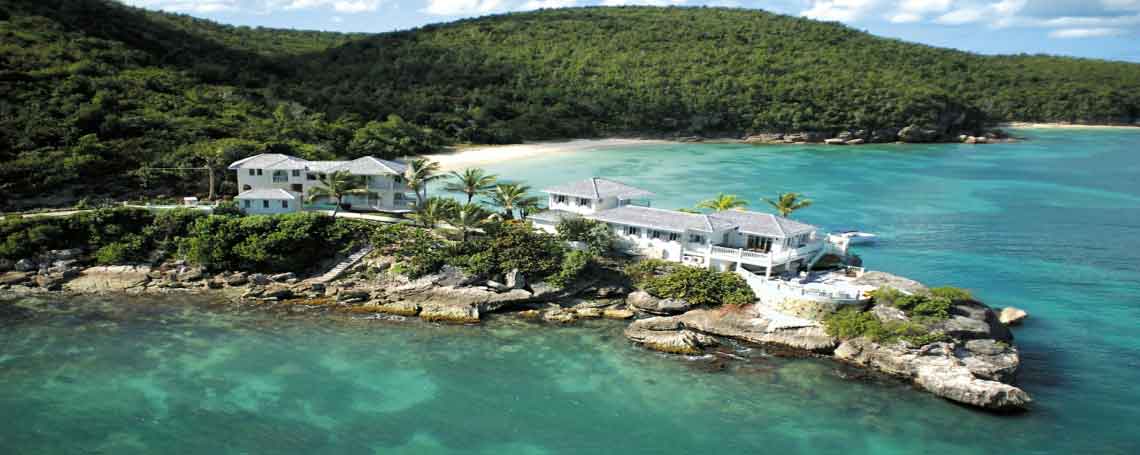


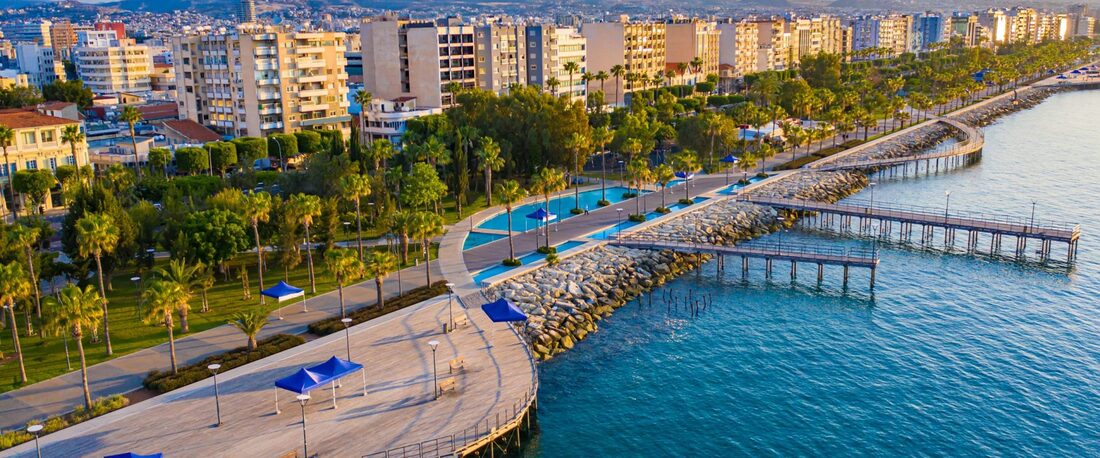
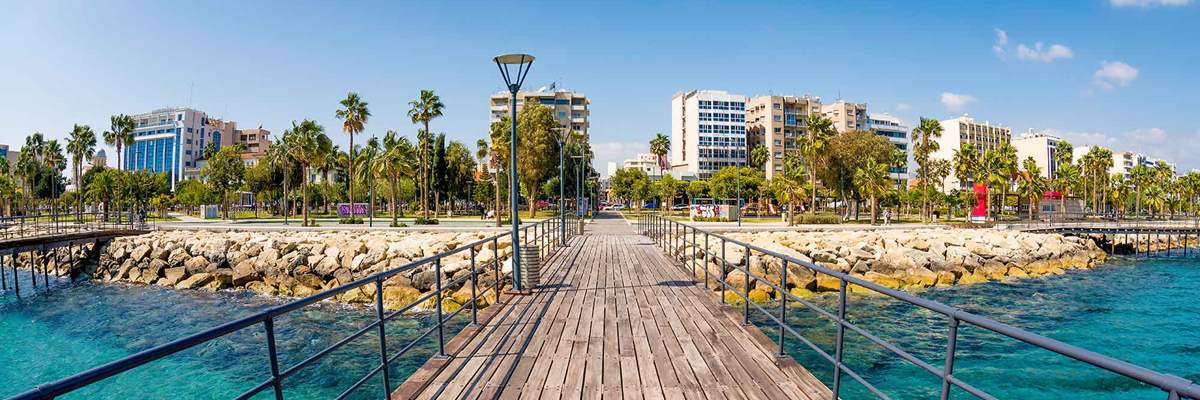

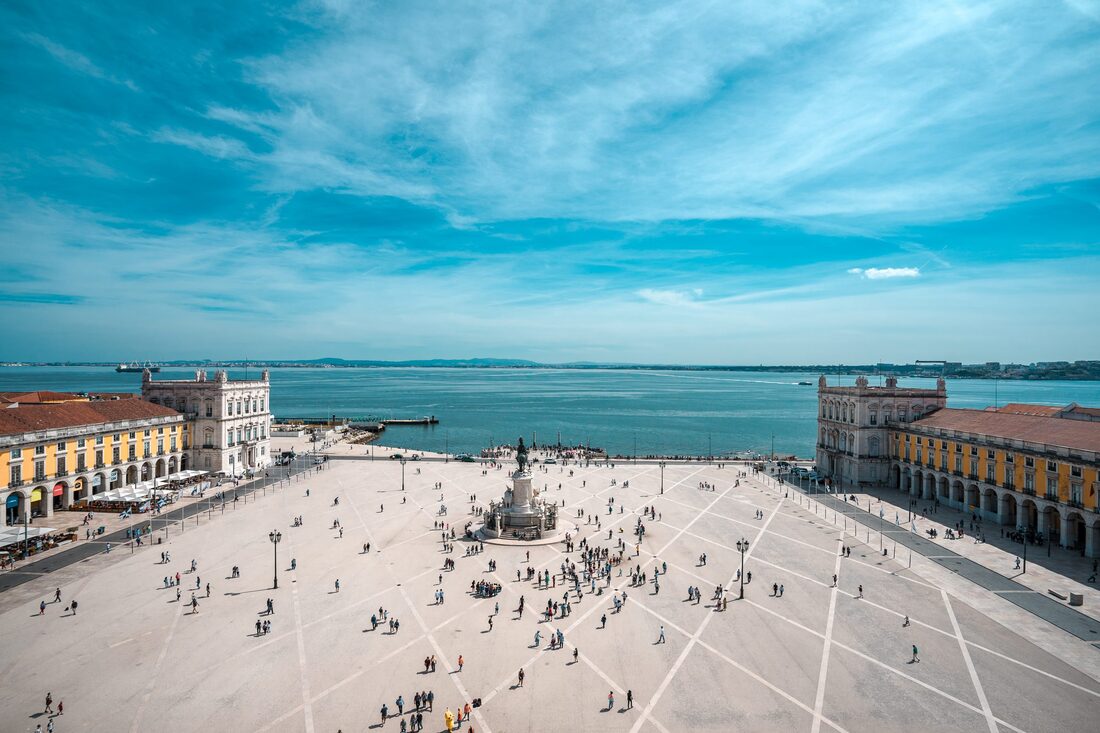





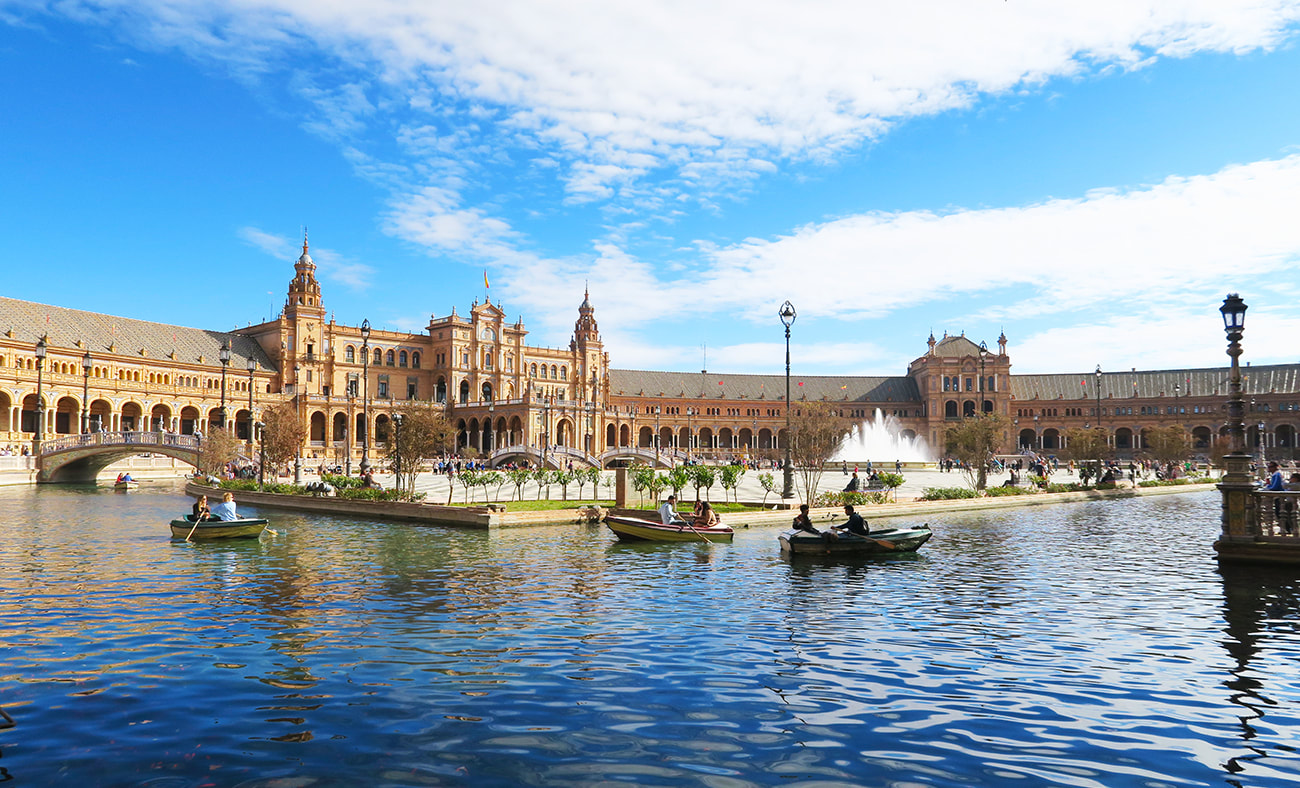

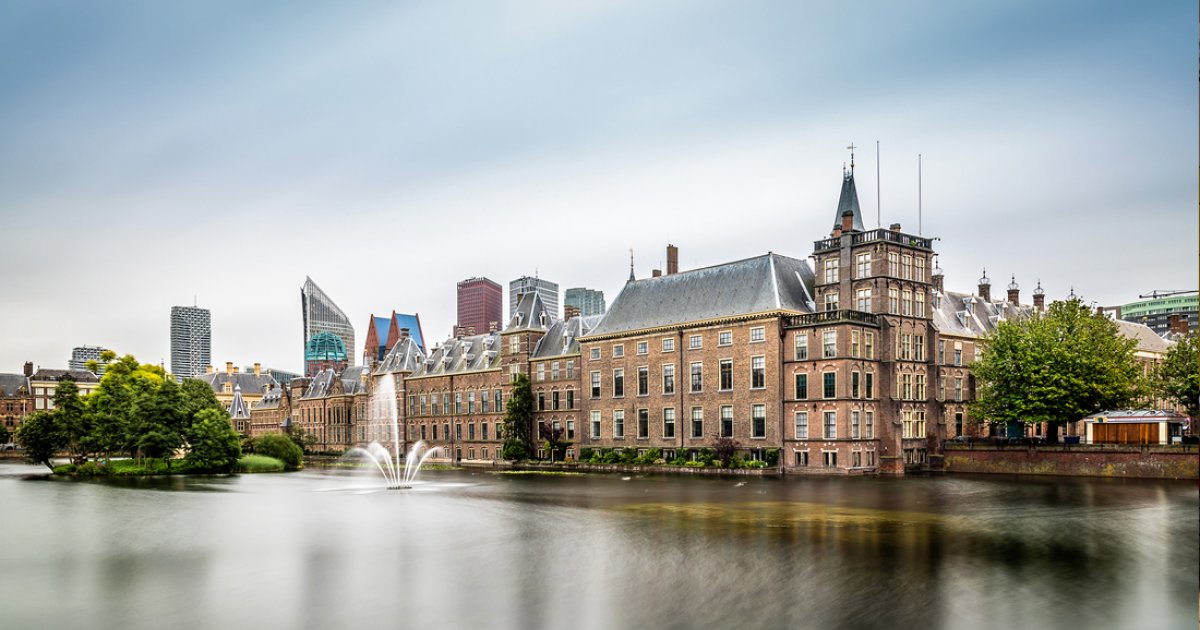





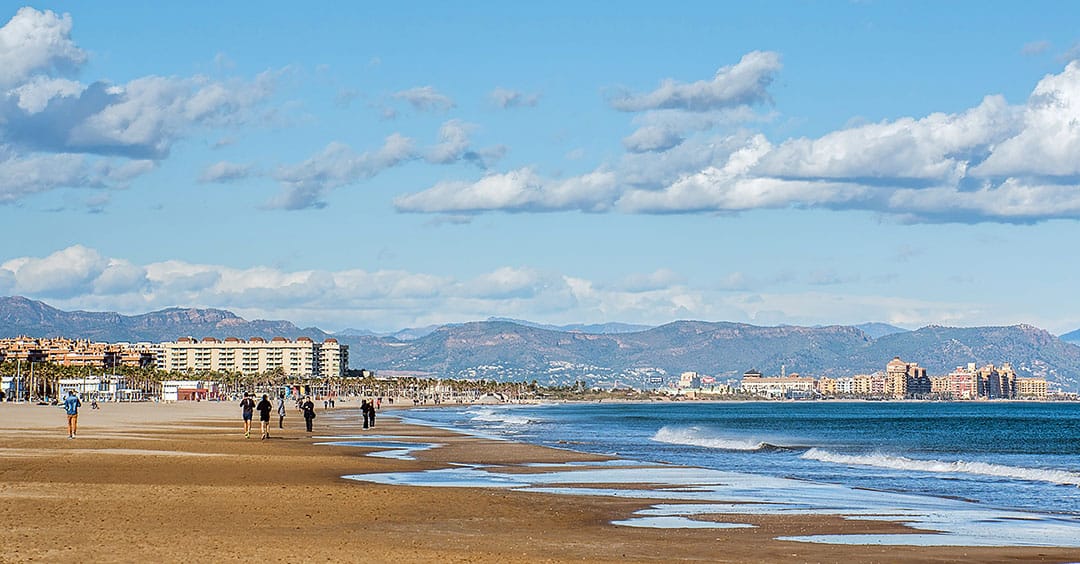
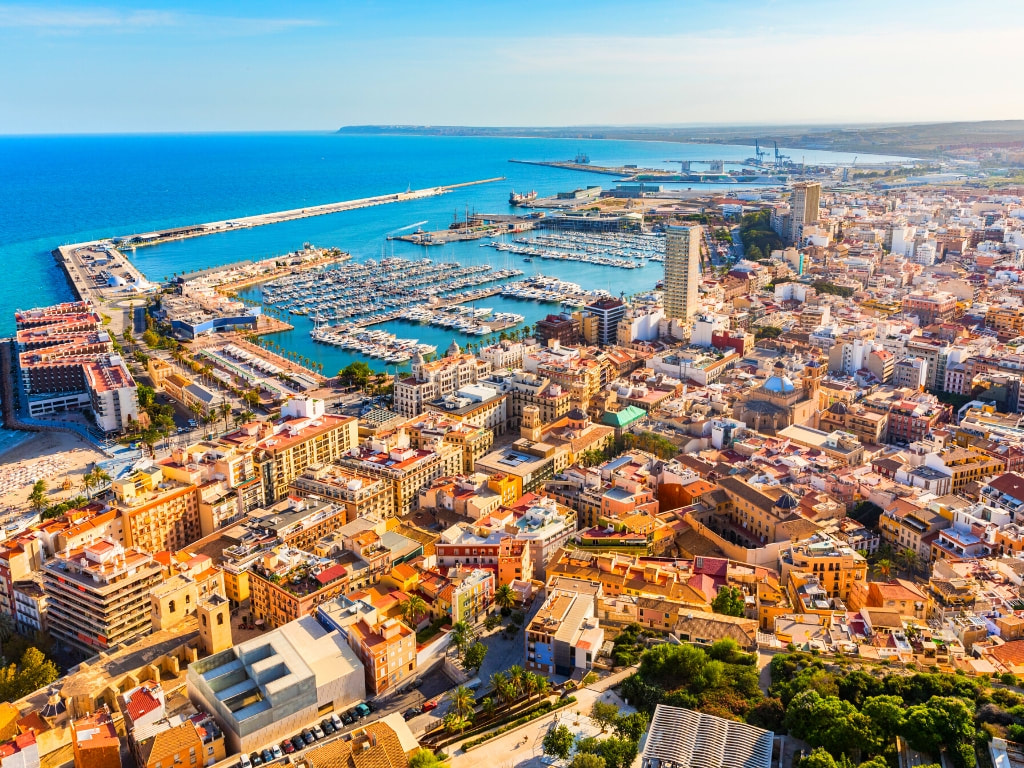




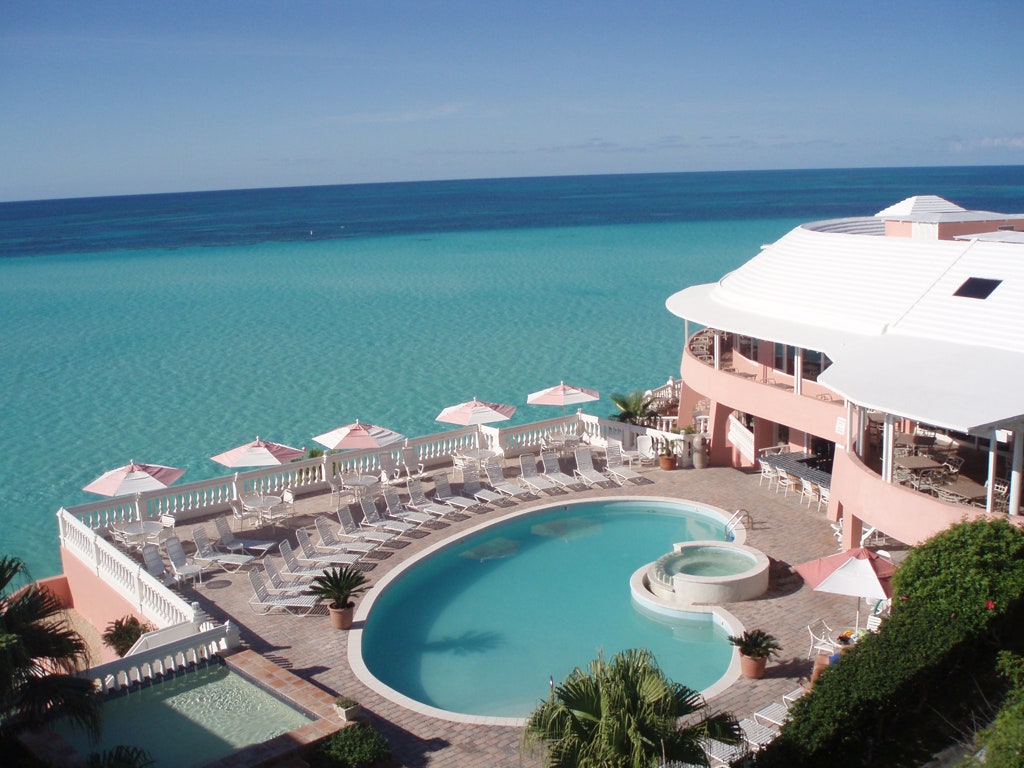

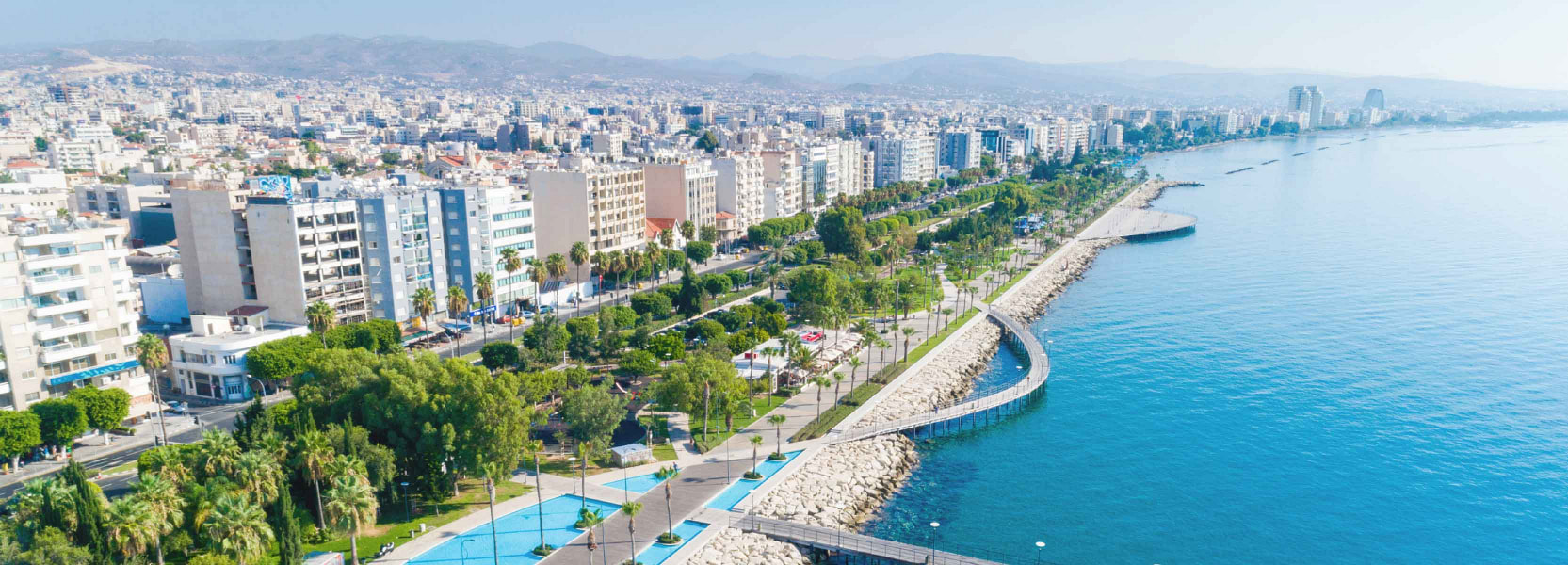








 RSS Feed
RSS Feed